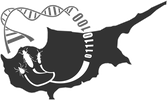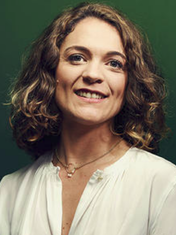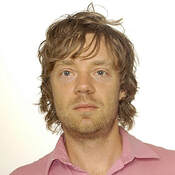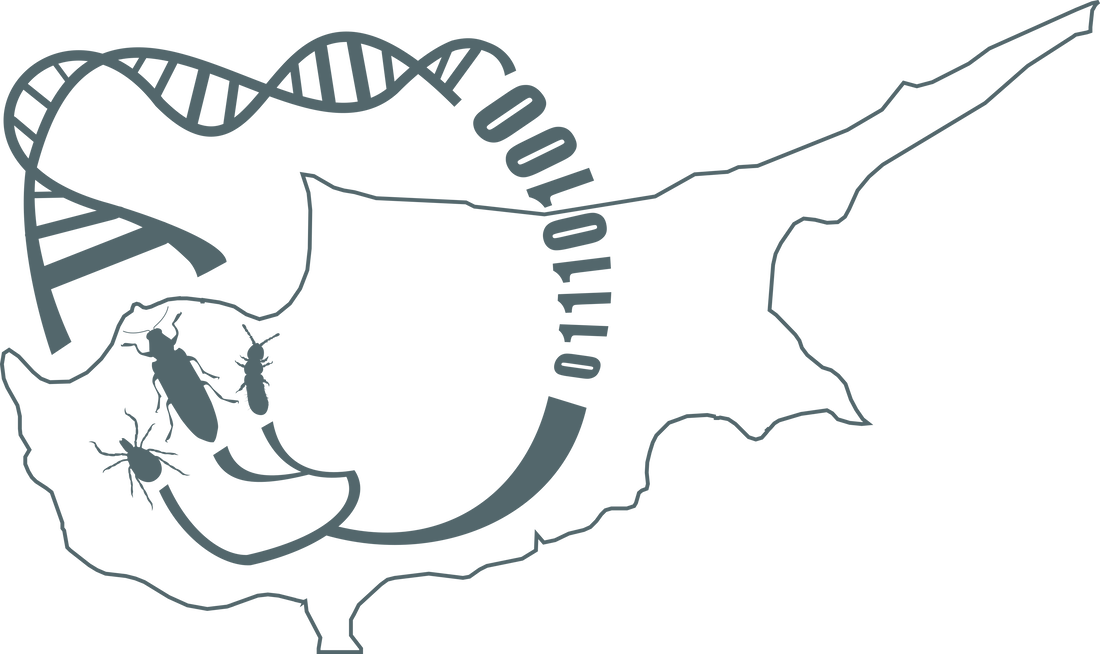COORDINATOR
Hélène Morlon
|
|
Hélène is a Research Director at the CNRS and team leader at the IBENS. She leads a team entitled “Modelling Biodiversity”. Her main research interest concerns the evolution of biodiversity over long time scales (macroevolution) and its consequence for present-day patterns of biodiversity (macroecology). She is an expert in the development of phylogenetic comparative methods, in particular in phylogenetic approaches for studying diversification and phenotypic evolution.
|
GROUP MEMBERS
Amaury Lambert
|
|
Since 2008, Amaury has been a full professor at the Lab of Probability and Statistics (LPMA, UPMC). In 2012, he started his own interdisciplinary group called SMILE - Stochastic Models for the Inference of Life Evolution. His expertise is both in probability theory (branching processes, Lévy processes, random graphs and trees) and in models of evolutionary processes (population dynamics, population genetics, phylogenetics).
|
Isaac Overcast
|
|
Isaac is currently a postdoc in the Morlon group at Institut de Biologie de l’Ecole Normale Superieure in Paris, where he is developing theory and models of island biodiversity genomics. His main research focus is to understand how biodiversity accumulates in ecological communities using data and models that integrate over multiple levels of biological organization, including species abundances, genetic diversities, and phylogenetic relationships. His expertise is in computational modelling, population genetics, and applications of machine learning.
|
The CNRS team at the Ecole Normale Supérieure and the College de France will be involved mostly in the theoretical component of the project (Work Package 4). The team is at the forefront of biodiversity modelling and theory. A thorough understanding of the types of models and analytical tools available for studying diversity dynamics from genomic data requires a deep understanding of the questions at play, the nature of genomic data, and very strong quantitative and mathematical skills. Together, the CNRS team members really cover these three aspects. In addition, they already have a long history of successfully collaborating together. Also, sampling strategies and data collection depend on the analytical tools available to analyze these data. the CNRS team members will thus play a key role in discussions about the Genomic Observatories and data unification (Work Package 3). Finally, they will contribute their networks and opportunities for broad communication (Work Package 5).






